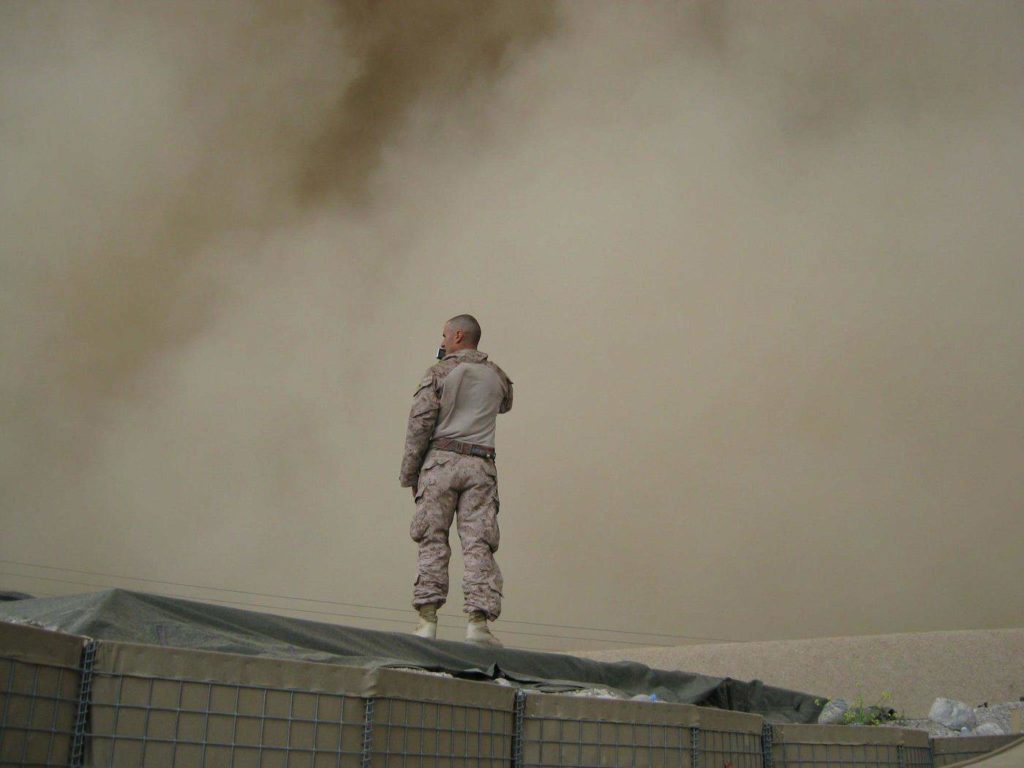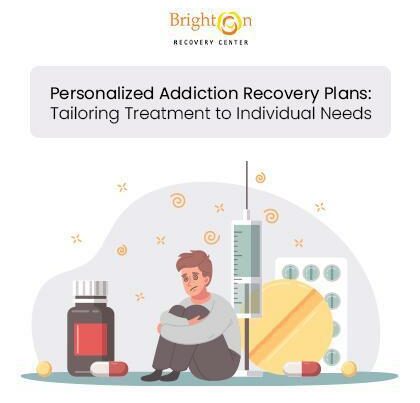Substance Abuse in the Military
Substance abuse in the military has risen significantly over the last number of years. The challenging environments that a military life offers as well as what members experience during combat lead to alcohol and prescription drug addiction for many.

Substance Abuse Statistics
It has been found that military members who have multiple exposures to combat and deployment tend to have a higher risk of abusing alcohol, prescription drugs and cigarettes.
- 47 percent say they binge drink, with 20 percent reporting weekly binging
- 11 percent admit to misusing prescription drugs, mainly opiods
- Prescriptions for pain relievers increased four times between 2001 and 2009
- 30 percent of members smoke cigarettes
While alcohol and prescription drug abuse is higher than it is for civilians, the use of illicit drug use is low, thanks to a strict no-drug policy required by the Department of Defense (DoD).
Consequences of Abuse
The combination of addiction and other issues such as Post-Traumatic Stress Disorder, mental health issues and traumatic brain injuries lead to a number of critical issues. These include homelessness, trauma, trouble with the law and suicide. In fact, almost a third of military suicides involve the use of prescription drugs or alcohol.
The stress of long deployments and the substance abuse of returning military members affect families as well. Wives tend to be diagnosed with more mental health disorders and children have emotional difficulties in regards to family involvement, school and peers.
Fear of Receiving Addiction Treatment
While the DoD offers treatment and services to help with drug addiction recovery and other issues, a large percentage opt out of this option because they fear it will affect their future career in the military or because of the stigma they fear will accompany their desire for help. Because of this, some will choose to access other private services, such as the Brighton Recovery Center. Find out how we can help you or a loved one with recovery.



